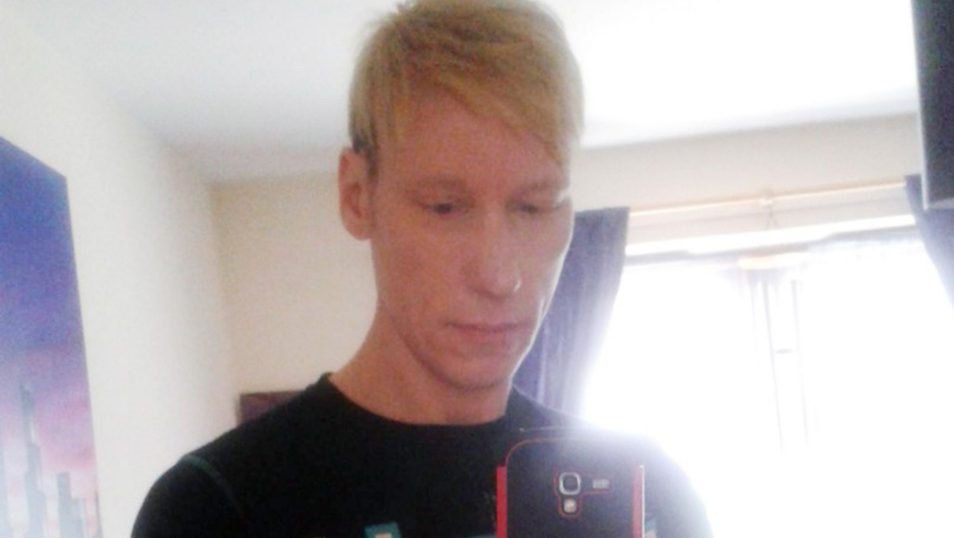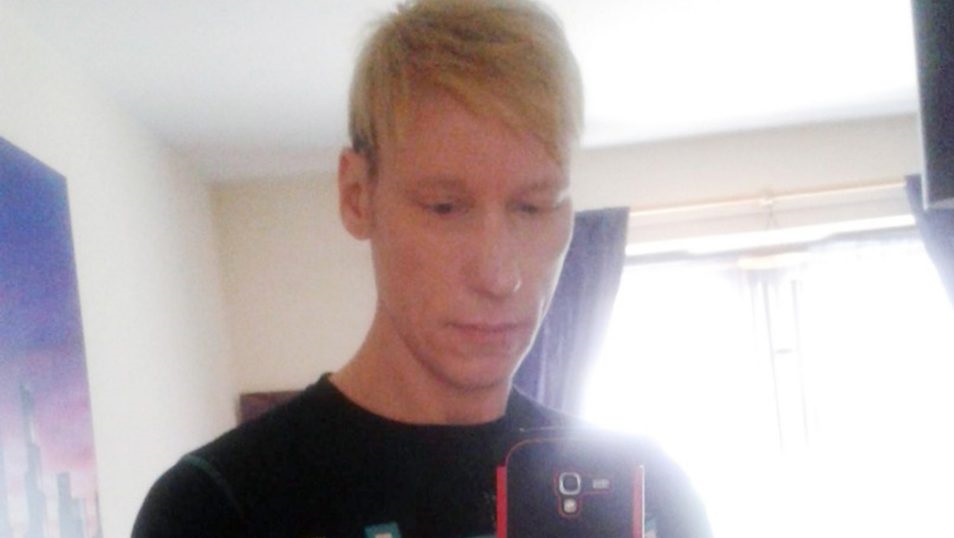Peter Tatchell: ‘Police failed to link Stephen Port killings because of victims’ sexuality’
By Will Stroude

Today (November 23), ‘Grindr’ serial killer Stephen Port was found guilty of the murders of Gabriel Kovari, Jack Taylor, Daniel Witworth and Anthony Walgate.
Port poisoned his four victims with lethal doses of date-rape drug GHB, before dumping their bodies within the in or around a graveyard in Barking less than 500m from Port’s home between August 2014 and September 2015. The 41-year-old former chef was also found guilty of seven offences of administering a substance with intent and three sexual assaults.
Scotland Yard have revealed that 17 of its officers are the subject of an Independent Police Complaints Commission (IPCC) investigation into their initial handling of the killings.
In the wake of today’s verdicts, LGBT rights campaigner Peter Tatchell has blasted the Metropolitan Police’s handing of the case, arguing that “failings” in the initial investigation led to two more preventable deaths, and criticising the force for not issuing a warning to London’s gay community sooner.
“While timely and commendable, this verdict is no compensation for the loss of four young gay men who had their lives, hopes and dreams cut short,” Tatchell said in a statement.
“Appallingly, even after three deaths the police were still maintaining that they were ‘unusual’ but ‘not suspicious.’ They did not issue a public alert to the gay community that a serial killer could be on the loose.
“This failing ignored Met Police best practice advice which was agreed two decades ago, after past murders of gay men.”

Despite concerns being raised by a friend of Gabriel Kovari’s in October 2014 that the deaths of Kovari, Daniel Witworth and Anthony Walgate could be linked, police failed to link the killings until the discovery of fourth victim Jack Taylor’s body in September 2015.
The force launched a murder investigation and issued a public appeal for information in October 2015 – something that Tatchell says would have come much sooner were the victims not young, gay men in a working class area of London.
“Four young men were already dead. This appeal should have been made in August 2014 after the first two killings. If the police had done this, further deaths may have been prevented. Two of these men might still be alive,” he said.
He continued: “If four young middle class women had been murdered in Mayfair, I believe the police would have made a public appeal much sooner and mounted a far more comprehensive investigation,” he said.
“The killing of low income gay men in working class Barking was treated very differently. Police officers stand accused of class, gender and sexuality bias.”
He added: “Although police relations with the LGBT community are vastly better than two decades ago, this case is a wake-up call regarding the on-going inadequate attitudes and behaviour of some officers in some police districts.”
More stories:
Spice Girls GEM reunion track ‘Song for Her’ has leaked online
Top 50 biggest turn-offs revealed – which ones are you guilty of?
